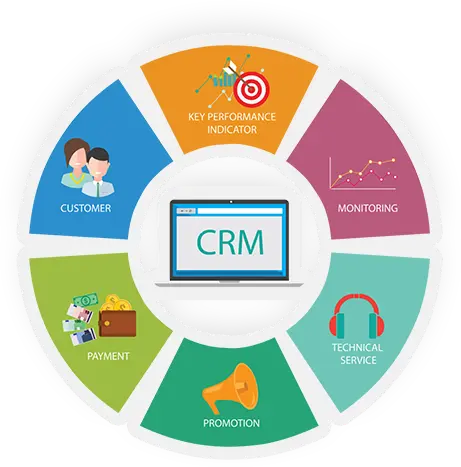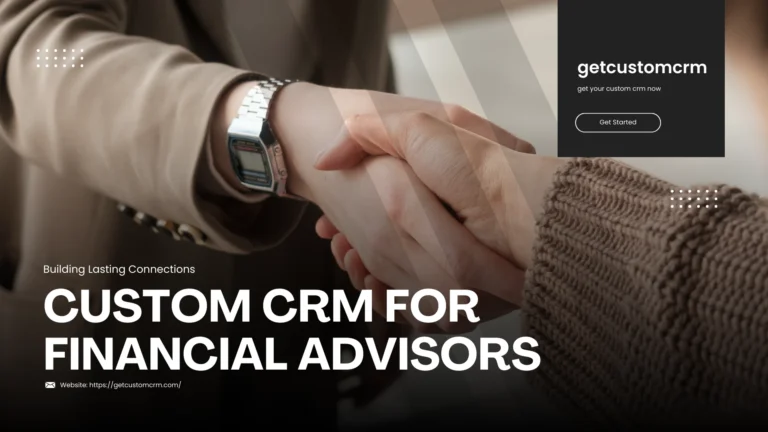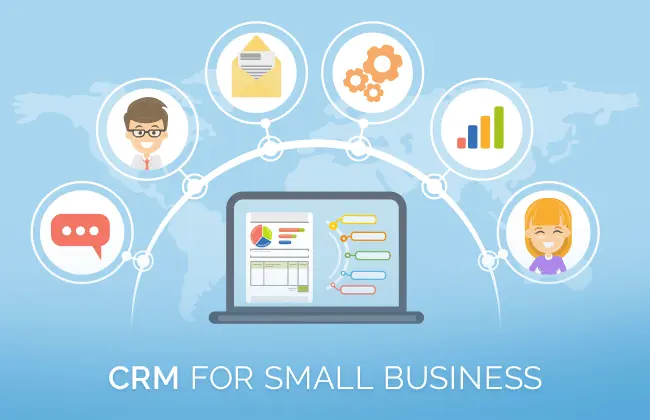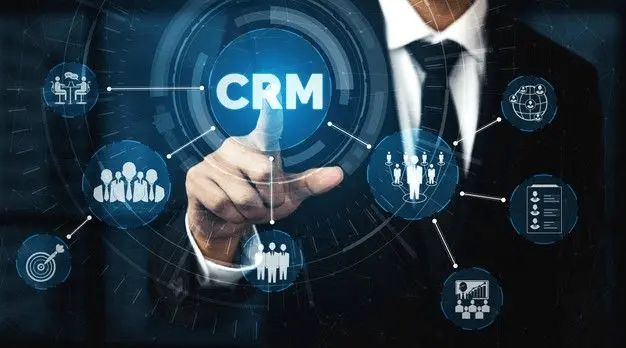Hidden Costs of Off-the-Shelf CRMs: 5+ Reasons Why Customization Perfectly Pays off in the Long Term
When your business starts growing, investing in a CRM feels like the obvious next step. It’s because off-the-shelf CRMs like Salesforce, HubSpot, or Zoho look affordable and are ready to use. With just a few clicks, you can have your team onboarded and running. But here’s the main drawback of off-the-shelf CRM: what looks cheap and convenient today can turn into a money drain tomorrow. Many businesses don’t realize the hidden costs of off-the-shelf CRMs until it’s too late. By then, they have already spent thousands of dollars and many work hours adapting to a system that never truly fits.
So let’s see where these hidden costs hide and why custom CRM development often turns out to be a smarter, long-term choice.
The budget-friendly trap
Off-the-shelf CRMs usually come with tempting price tags like $20 here and $50 there. Now multiply them by 10, 50, or 100 employees, and suddenly your affordable system is eating up a huge part of your budget monthly. Imagine this now as a 20-person sales team on a $75 per month plan costs over $18,000 a year. Now add advanced features, reporting tools, or automation bundles, and the price doubles quickly.
And the worst part is, after all that spending, you don’t even own your software; you are just renting it. With a custom CRM, it’s a one-time investment in a system that’s yours forever.
Paying for bells and whistles you’ll never use
Have you ever bought a gym membership with all the fancy extras like sauna, or pool, only to realize that the only thing you use is the treadmill? Off-the-shelf CRM works the same way. Vendors incorporate the features into tiered pricing. Even if you just need an advanced report, you’ll have to buy the whole premium package, complete with tools you’ll never touch.
That’s like paying for a luxury suite when all you wanted was a desk with wifi. A custom CRM flips the script. You only pay for the features your team actually needs, nothing more.
Customizable isn’t Real Custom
Off-the-shelf CRMs claim you can tailor workflows. But real customization often means hiring concultants, buying add-ons, or bending your processes to fit their rigid structure. It’s like buying a dress off-the-rock and then paying tailor to make it fit according to actual size.
Integration headaches
Your business doesn’t run on a single platform. You’ve got accounting software, inventory tools, marketing platforms, maybe even a ERP. off-the-shelf CRMs do promise integration but on what cost?
- Limited to only the most popular apps.
- Extra fees for connectors or plugins.
- Data mismatchs that force employees to re-enter information manually
These small issues snowball into big inefficiencies. A custom CRM on the other hand is built to fit into your ecosystem seamlessly.
The black hole of productivity
Hidden costs of off-the-shelf CRMs also include, lost productivity. When employees spend time clicking through irrelevant fields, juggling multiple systems, or finding workarounds for missing features, they’re not doing their actual jobs. This wasted time results in lost money.
Custom CRMs eliminate this by being designed around team’s real workflow.
Compliance isn’t optional
If you’re in healthcare, finance, or any regulated industry, compliance is critical. Off-the-shelf CRMs offer generic security. They rarely give you full control over where data is stored or how it’s protected. One mistake can lead you to lots of fines and even legal consequences.
With a custom CRM, compliances is already integrated from the very start. Whether it’s GDPR, HIPAA, or industry-specific rules, your custom CRM is made to meet the requirements.
Hurdles in scalability
Off-the-shelf CRMs are built for the average business. When your business grows and becomess less average, the problems start growing. If you want to expand to new markets, add new departments, or data grows exponentially, your scalable CRM will slow down. That’s when you’re forced into an expensive migration to a different system.
A custom CRM grows with you. If you need a new module, you can add. If you want to grow globally, you can simply adapt it.
Why custom CRM Development pays off
A custom CRM may look like a bigger upfront investment but actually saves money in long term.
- No endless license fees as you own it.
- As the features are tailored, you don’t have to pay for extras you don’t need.
- It is easily integrated and works with the tools you already use.
- Results in higher productivity of workflows that match your team’s reality.
- Provides you with true scalability as it grows with your business.
Over 3-5 years, many companies realize their total cost of ownership is lower with a custom CRM while the value is higher.

FAQs about Hidden Costs of off-the-shelf CRMs
Q1. What are the hidden costs of off-the-shelf CRMs?
The hidden costs include high licensing fees, paying for unused features, expensive customizations, and integration challenges.
Q2. why is a custom CRM more cost-efficient in the long run?
Although custom CRMs require higher upfront investment, they eliminate recurring license fees, fitting your exact workflow.
Q3. are off-the-shelf CRMs bad for compliance for heavy industries?
mo t always, but they cam be risky. Many lack industry-specific compliance features, makinmg custom CRMs a safer choice.
Q4. what happens if i need more features later in a custom CRM?
Custom CRMs are scalable and modular. You can add new features or integrations over time without having to migrate to an entirely new platform.
Final Thoughts
Off-the-shelf CRMs are like renting an apartment that is convenient at first, but longer you stay, the more you realize that you are pouring your money into something that will never truly be yours. A custom CRM is like owning your home. It definitely takes plann9ing upfront, but every dollar goes into something that is tailored according to your lifestyle. It grows with you and ultimately increases value.
You should think to yourself before signing up for another all in one SaaS plan.Either you want to keep renting a tool that limits your growth or you want to invest in a solution that truly belongs to you business.







